Right Thing, Right Time: Irene Au aspires to transform Hong Kong’s music education with VBC schooling
Alumna Irene Au is transporting the Vienna Boys Choir schooling from the Capital of Music to Hong Kong, which treats music as major focus and everyday subject.
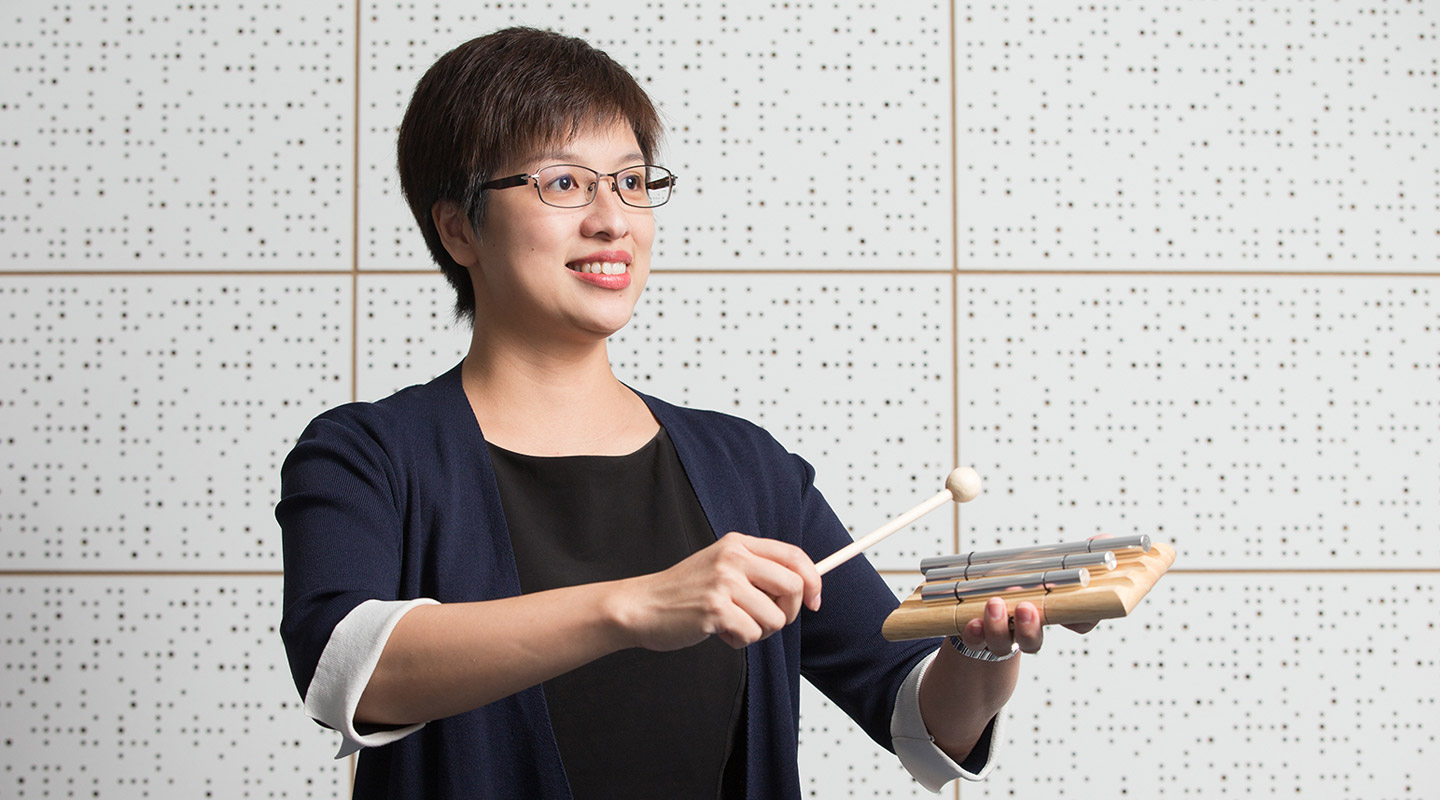
This October, the Vienna Boys Choir in their iconic blue sailor suit awed the audience at the Hong Kong City Hall with the Cantonese folk song Moonlight (月光光) sang with impeccable pronunciation. Irene Au was watching it with a contented smile. It was an outcome of her decade-long pursuit to tie the knot between the two cities.
In 1994 when Irene was a sophomore in the Department of Chinese Language and Literature of CUHK, she sat in the concert of the Vienna Boys Choir for the first time. Seven years later when the choir toured to the Asian city again, the boys were received by Irene and her own consulting firm I Creation.

The Vienna Boys Choir, as one of the national treasures of Austria, gives more than 300 concerts annually around the globe. Usually, when the choir goes on tour, it stays in a city briefly before moving on to the next. When Irene was planning their Hong Kong itinerary back in 2001, she asked herself: how could I do better?
Then it occurred to her that she should ‘let the little visitors get to know some Hong Kong children, and go beyond the sheer performer-audience relationship with a host city.’ The contemplation led to some most unusual arrangements:
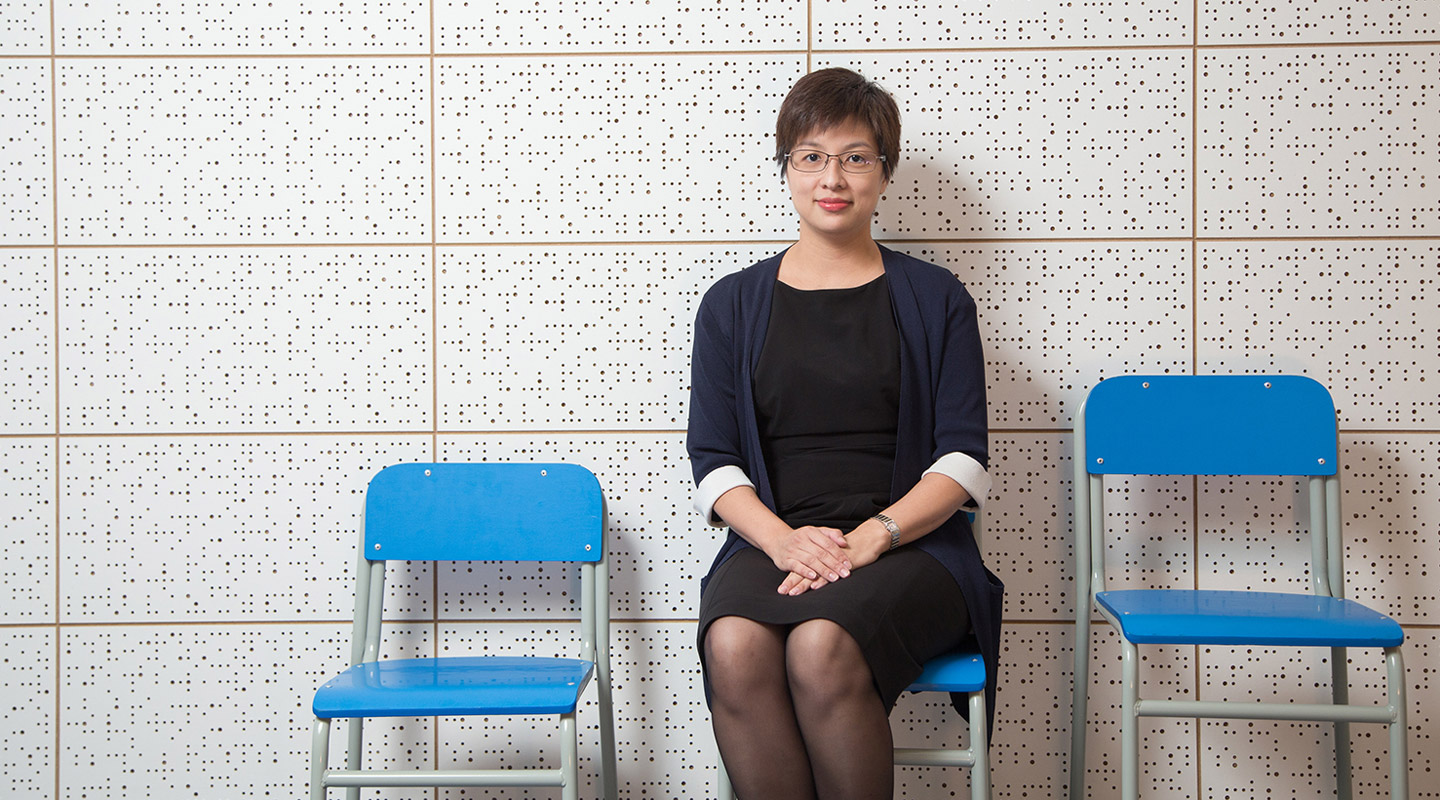
‘I recruited 200 local choristers to rehearse Jasmine Flower (茉莉花) which is a piece of VBC repertoire. When the choirboys arrived, they sang the Mandarin ballad with their Hong Kong peers. Together, they also played a football match and had a blast in the Stanley Market. They became friends.’
It was a success recognised by both sides, and Irene decided to build on it to deepen the reciprocal exchange. She proposed sending VBC conductors to Hong Kong on a regular basis to run music workshops for local teachers and learners. Later, she went on to explore the possibility of establishing a formal music academy in Hong Kong that features the original Vienna Boys Choir curriculum taught by VBC trainers.
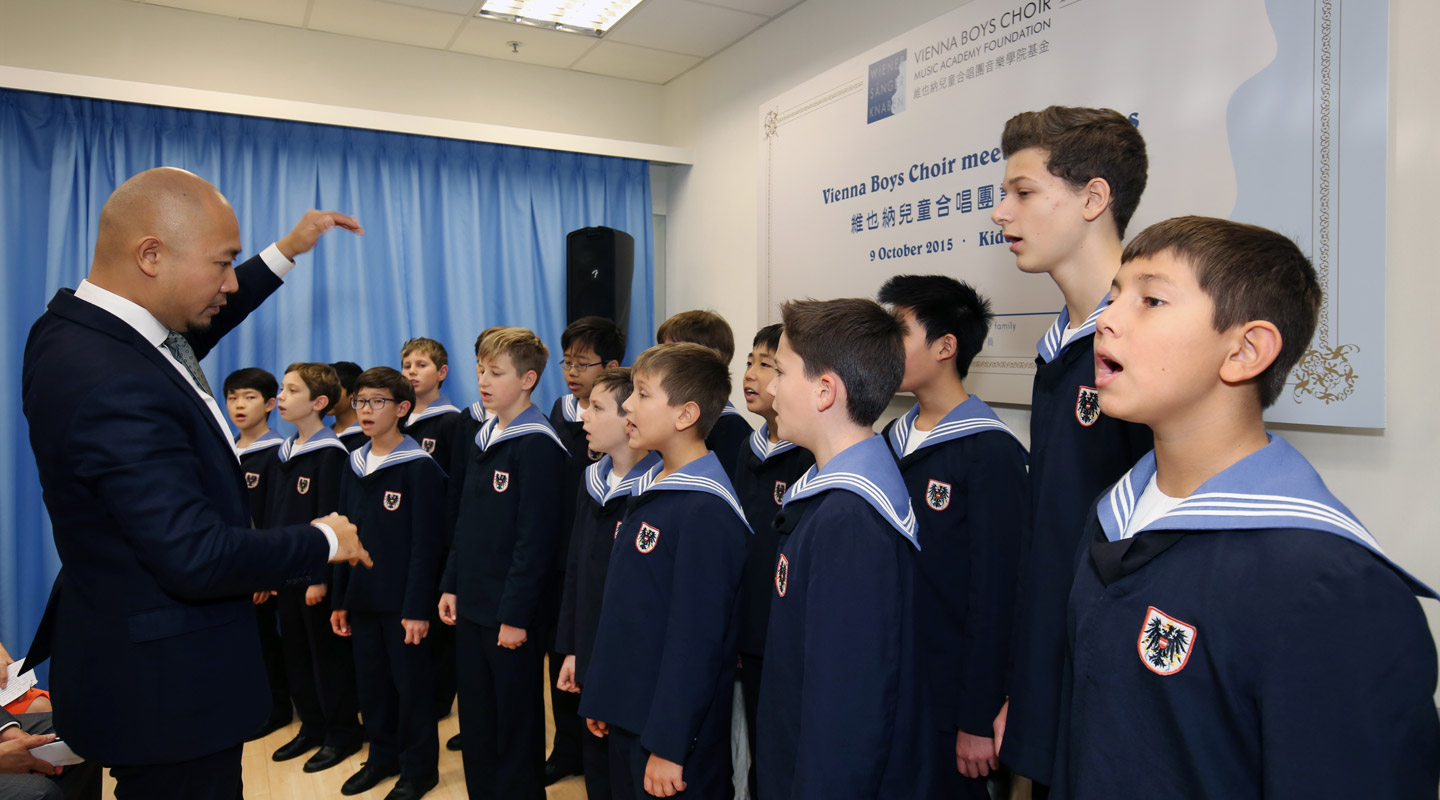
Opened in 2011, the Vienna Boys Choir Music Academy is known as the first outpost of the 500-year-old institution. When things had gotten on track, Irene again asked her favourite refrain: how could I do better?
‘In Hong Kong, music learning is an extra-curricular activity. The long hours of practice for all sorts of performances, examinations and competitions have interrupted student’s schoolwork. I began to ponder, why not building a school of our own as the Vienna Boys Choir did? We could combine music and conventional learning through effective scheduling instead of sacrificing either one. In our school, music will be a major focus and an everyday subject, which serves as the bedrock of other disciplines and fosters creativity development.’
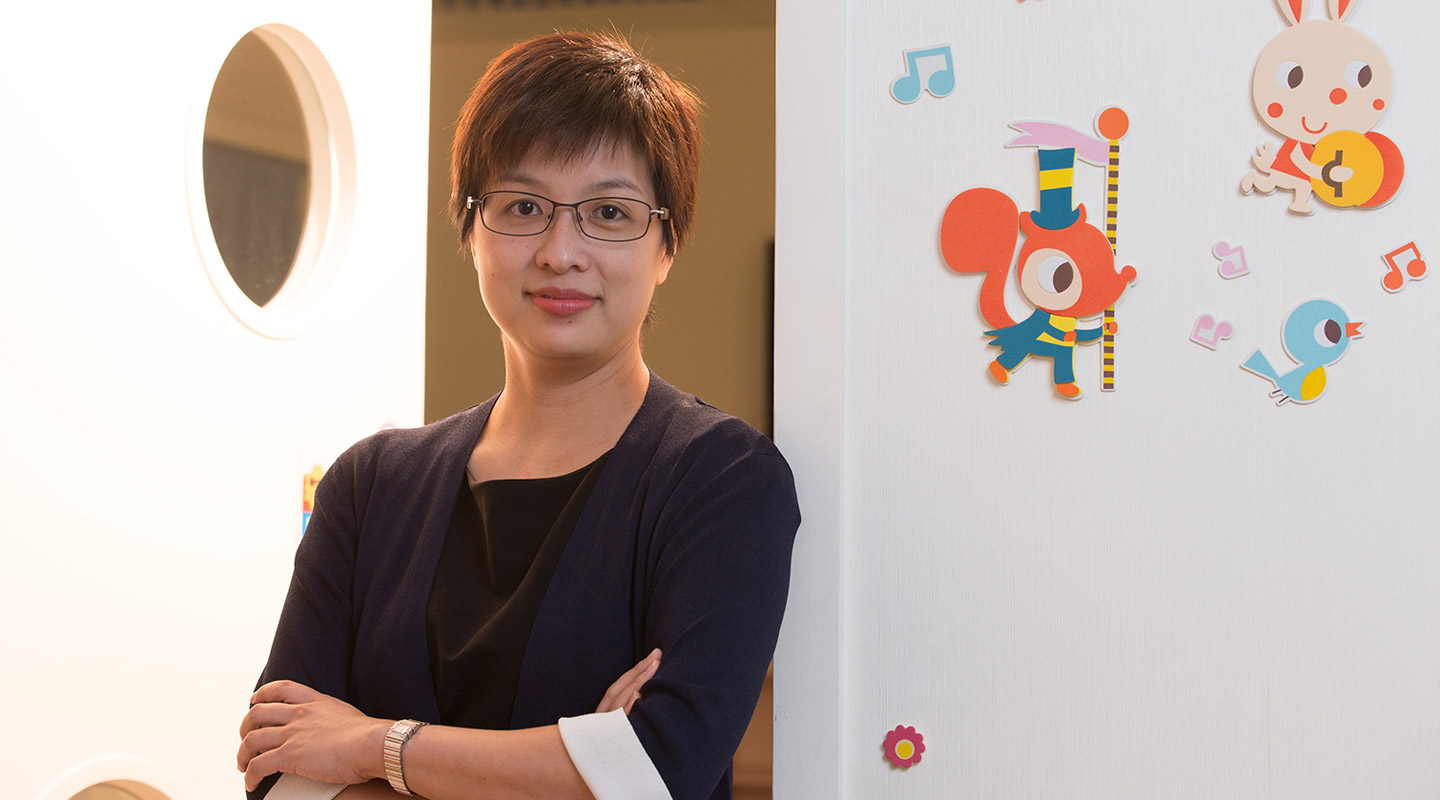
It turns out that the Vienna Boys Choir in Austria is more than a performing institution. It has its own kindergarten through high school with boarding facilities. Boys from the age of 9 to 12 are primed for singing trebles and altos. During this period, choral singers go on world tours for 11 weeks every school year. When their voices break, they could switch to sing in mixed choirs, musicals, or play instruments, while continuing with their academic pursuit.
To transport this distinctive educational system from the Capital of Music to Hong Kong is Irene’s recent initiative. She is laying the foundation for the Vienna Boys Choir International School, from finance to architecture, from public relations to curriculum development.
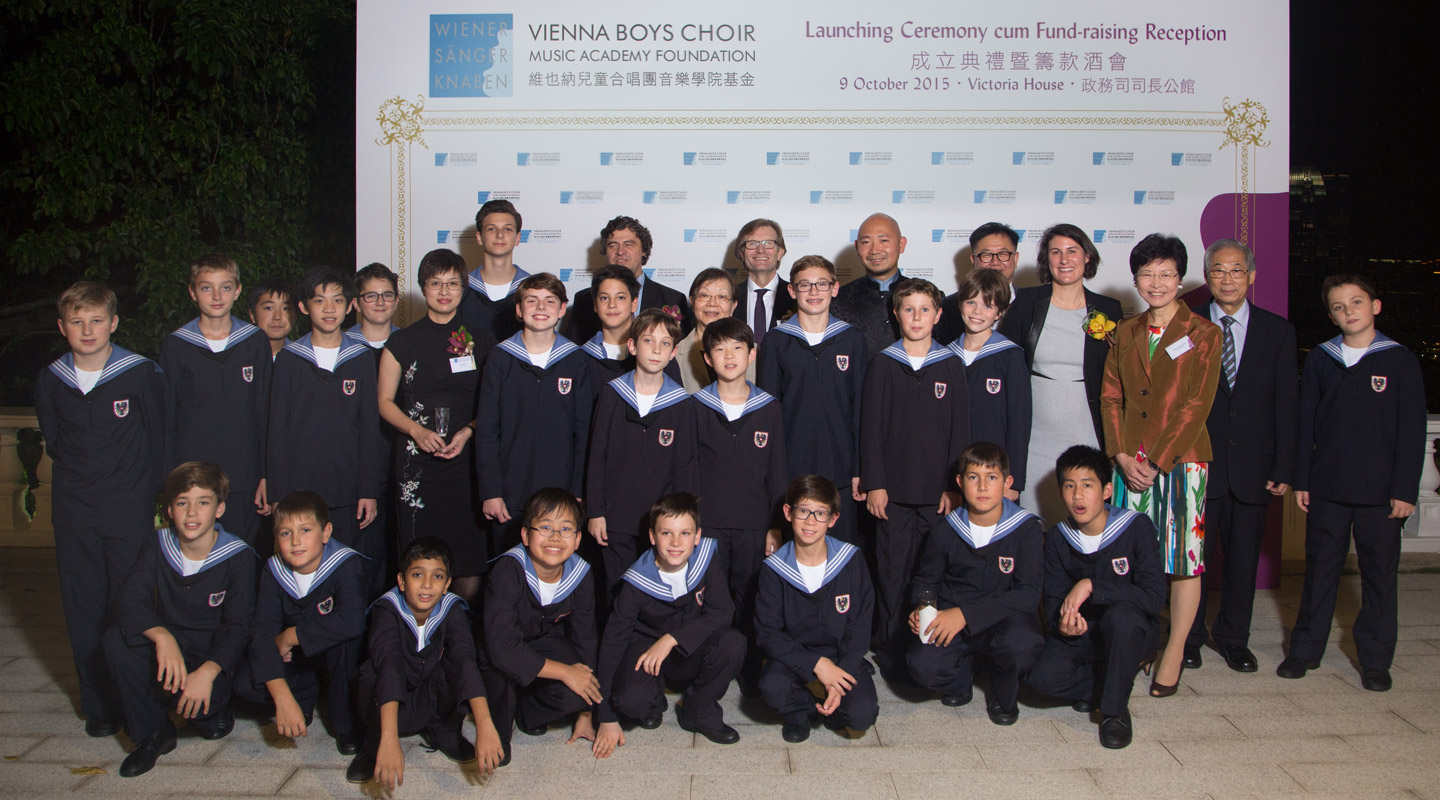
She admitted that starting a new school from scratch is not something that everyone does. ‘It’s not hard to set up a school; it’s harder to run it well. Necessary procedures like applying for licenses or finding suitable school premises never get on my nerves; it is the latent cultural impact that the school is going to make that matters and concerns me the most.’
‘What I want to change, via founding the school, is Hong Kong people’s attitude toward music learning. Nowadays, many parents care solely about quantity instead of quality when they send their children to music classes—the number of hours of practice a day, the grades their children receive. The soul-nourishing side of learning music is not a tangible reward for such parents. However, not everything that can be counted counts, and not everything that counts can be counted.’
She is well aware that she cannot alter the society or the parents’ thinking in a day or two, but believes someone has to do the right things now for the right things in the future. ‘Education is a life-long process. If 10 years from now, music and creativity education in Hong Kong shows a positive change, I will be gratified, for I chose to make the right move today.’
By Christine N., ISO
This article was originally published on CUHK Homepage in Nov 2015.

